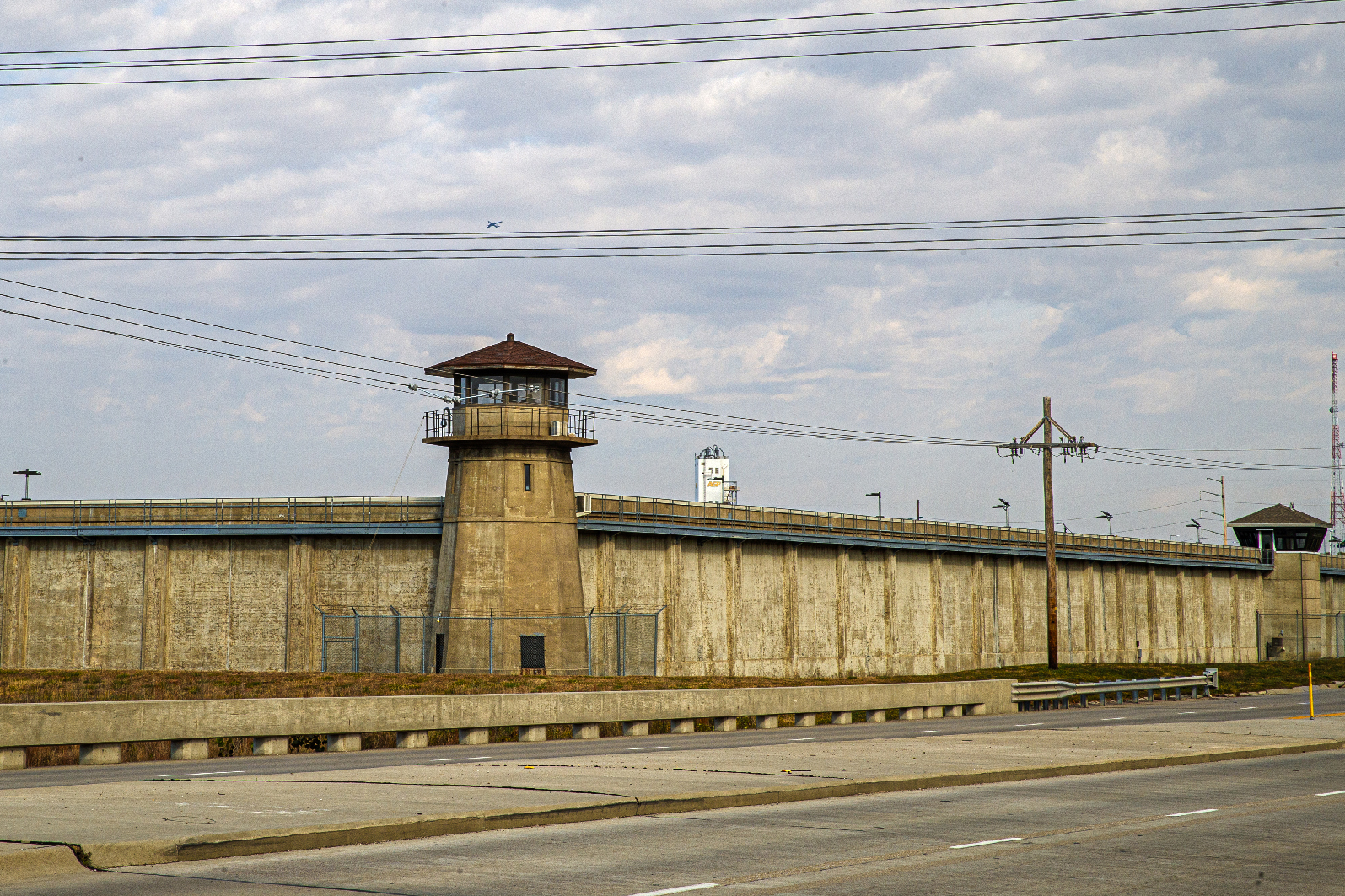
The University of Nebraska College of Law will begin operating an Innocence Clinic this fall.
In Nebraska, more than 5,500 people are incarcerated in 10 state prisons and another 1,000 are in the custody of private prisons and local jails. Per data from the Prison Policy Initiative and U.S. Department of Justice, the state’s incarceration rate is among the highest in the nation. Two studies published within the past decade estimate that 4% to 6% of people incarcerated in U.S. prisons are actually innocent. In Nebraska, that translates to as many as 300 individuals currently serving sentences for crimes they did not commit. The new clinic aims to help those people.
While there is a presumption of innocence when someone goes to trial, once a person is convicted of a crime, the presumption of guilt is extraordinarily difficult to overcome. The National Registry of Exonerations reports that 3,458 defendants have been exonerated since 1989 and collectively served more than 31,070 years in prison for crimes they did not commit.
With the help of a $600,000 grant from the U.S. Department of Justice, third-year students in the College of Law will raise awareness of wrongful convictions in Nebraska and work to exonerate those who have been wrongfully convicted. As part of the review of cases, students will help establish the primary causes of wrongful conviction and identify the most effective methodologies to prevent future wrongful convictions in the state.
“Our clinical programs help students develop skills that they will rely on in practice,” said Richard Moberly, dean of the College of Law. “The Innocence Clinic will contribute to training the next generation of Nebraska lawyers as they learn about the causes of wrongful conviction and experience case identification and litigation of actual innocence claims.”
Kala Mueller, director of public interest programs, added: “This type of training has been shown to help reduce the risk of future wrongful convictions both in Nebraska and elsewhere.”
There have been just 10 exonerations in Nebraska history, six of which stemmed from a single case.
The Innocence Clinic will be Nebraska’s 10th clinical program. The others are the Children’s Justice Clinic, Civil Clinic, Criminal Clinic, Debtor’s Defense Clinic, Estate Planning Clinic, First Amendment Clinic, Housing Justice Clinic, Immigration Clinic and Weibling Entrepreneurship Clinic.
The College of Law is partnering with the Midwest Innocence Project to identify potential cases for the clinic. Under the supervision of the clinic director, students will review and investigate cases for potential claims of innocence for individuals whose cases originated in Nebraska and who have applied for assistance from the Midwest Innocence Project. The grant funding provided by the Department of Justice will assist in moving more than 41 cases from the existing waitlist forward.
Mueller, who is a member of the Midwest Innocence Project board of directors, said the partnership is important to the success of Nebraska’s Innocence Clinic.
“The Innocence Clinic will have a small staff, making the potential volume of requests nearly insurmountable,” Mueller said. “We’re grateful to the Midwest Innocence Project for allowing us to benefit from their already established screening process.”








